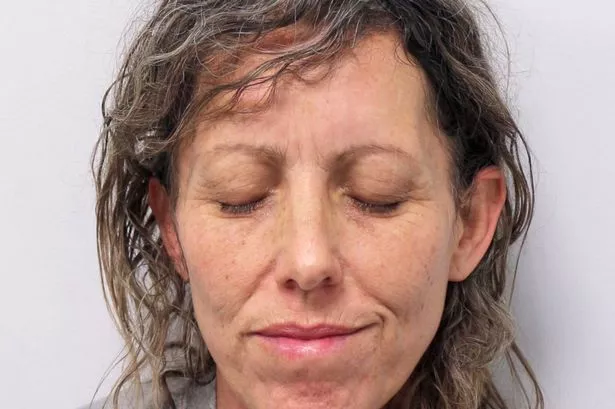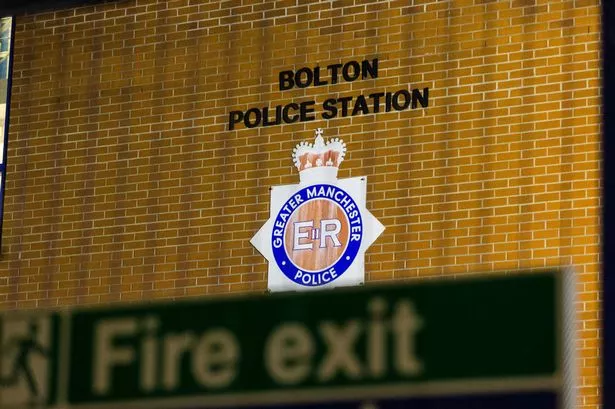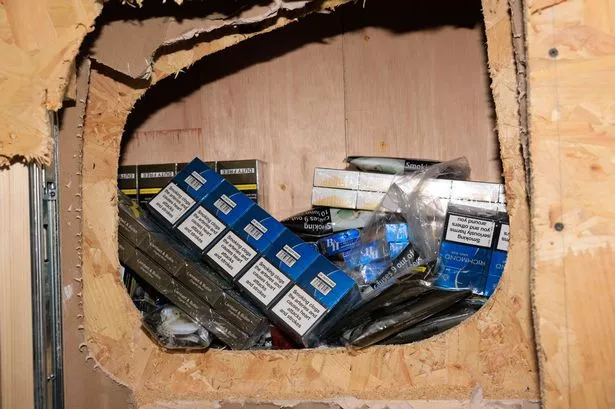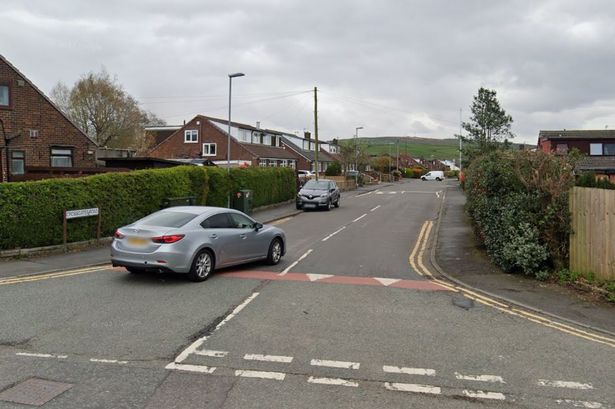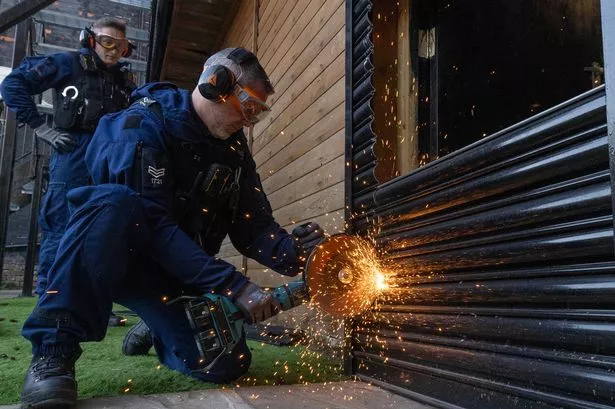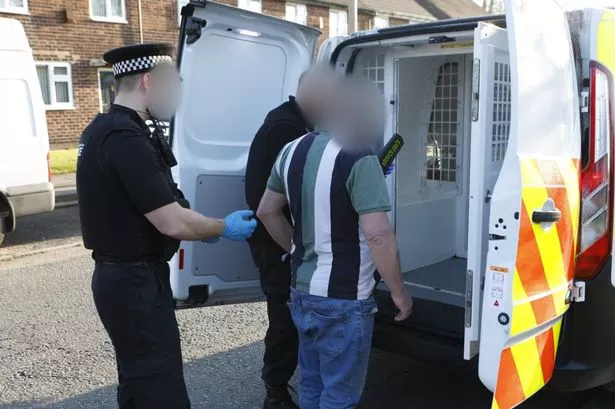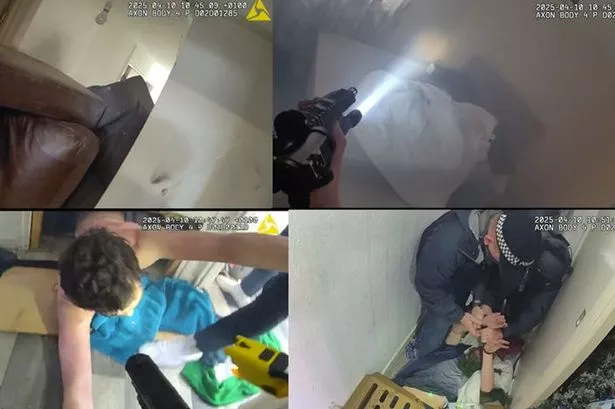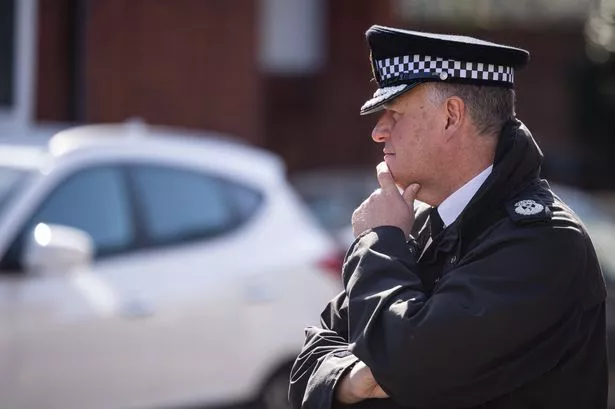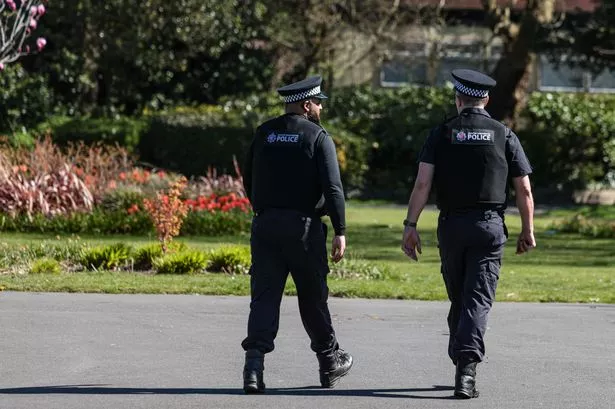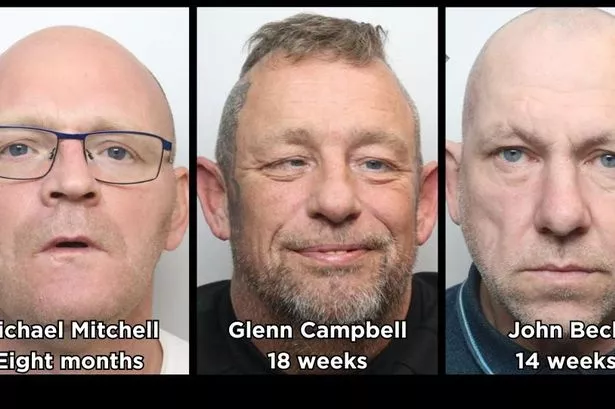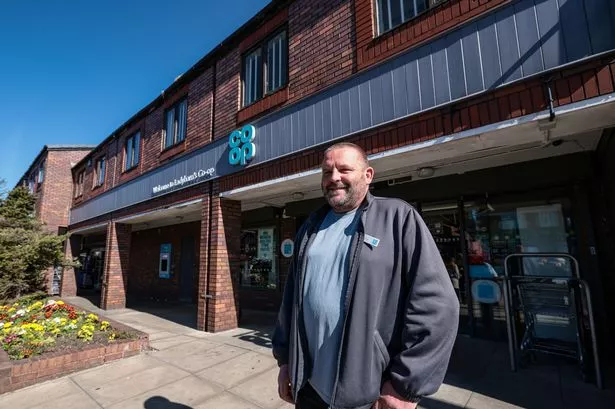Increased THC Vape Use Among Schoolchildren in Greater Manchester
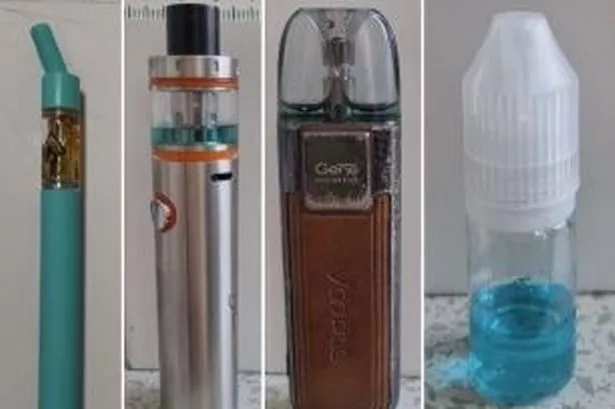
Experts have discovered that schoolchildren in Greater Manchester are purchasing highly potent cannabis vapes for as little as 50p each.
Over the past year, the use of THC vapes—e-cigarettes that contain the primary psychoactive component of cannabis—has reportedly soared. Almost 50% of young people surveyed admitted to using these vapes, with the figure rising to over two-thirds among 18-year-olds.
A substance misuse worker in Trafford and Salford remarked, "In the past year, that has just skyrocketed. It's much more common and easier for kids to use them, even before school, like a regular vape."
According to the GM Trends study conducted by researchers at Manchester Metropolitan University and the Greater Manchester Combined Authority, THC vapes can be up to 20 times stronger than traditional joints, prompting calls for enhanced support and education on their risks.
The spike in usage is believed to be linked to the convenience and discreet nature of THC vapes, which are often indistinguishable from nicotine vapes and lack the strong odor associated with cannabis.
Drugs expert Prof Rob Ralphs, a co-author of the report, explained, "THC vapes are difficult to distinguish from regular vapes, making it hard for parents or schools to identify them." He added that their lack of a distinct smell allows people to use them in clubs and bars without drawing suspicion.
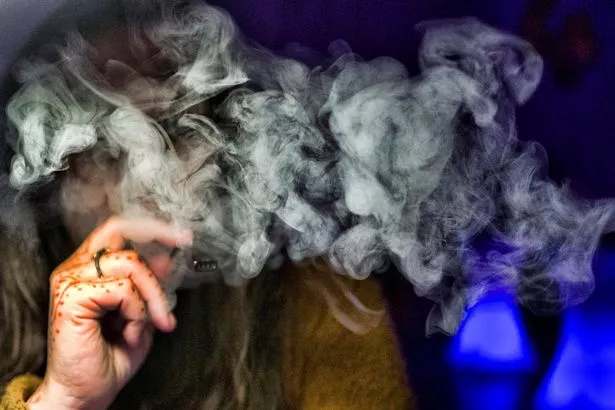
"You can just use it easily, you can just get it out and have a couple of drags," one 24-year-old participant stated, echoing sentiments shared by others in the study. "It's so convenient – you can't roll a joint on the bus," a 22-year-old added.
Convenience can lead to increased consumption; a 19-year-old noted, "With a joint, once you finish it, you're done. But with a vape, you can keep going and going."
Dealers are promoting THC vapes, sometimes called 'Cali Pens', on social media platforms like Snapchat and Instagram, and through encrypted messaging services like Telegram. Users are also reporting purchases in various locations including Cheetham Hill and Altrincham.
Prices for these vapes range from £20 to £90, leading to groups of friends pooling their resources to share vapes or paying £1 for a drag.
Concerns have been raised that cheaper vapes may contain spice instead of THC, with reports of schoolchildren collapsing after using them. In August, Ben Davis, headteacher at St Ambrose Barlow RC High in Salford, noted incidents where students were under the influence of spice, resulting in two collapses.

"We’ve been fortunate so far, but serious injuries or fatalities may be just around the corner,” warned Mr. Davis. “Families should not assume their children are not involved; the chances are high that they are or know someone who is."
While four vapes tested in Oldham this year contained spice, three vapes linked to incidents where children collapsed in Manchester were found to contain varying levels of THC, ranging from 18% to 90% purity.
Prof Ralphs highlighted the dangers of users not knowing what they are consuming. "For four years, our tests revealed that nearly all vapes contained synthetic cannabinoids. This year, around half contained THC, with a considerable range in strength, all of which is notably high compared to standard cannabis."
He added, "In this unregulated market, users cannot be sure whether they are consuming spice or extremely high levels of THC."
The accessibility of vaping complicates regulation efforts. "With a spliff, you can control your intake. Vapes are so easy to access and use that it's hard to manage consumption," Prof Ralphs observed.
"The trend of young people gravitating towards higher THC products appears unlikely to change soon. The situation in America suggests that as nicotine vaping becomes commonplace, some will inevitably transition to THC vaping."
The report recommends increased testing, raising awareness about the potential for spice in THC vapes, educational initiatives for young people, guidance for parents, and stronger law enforcement against illegal sales.





